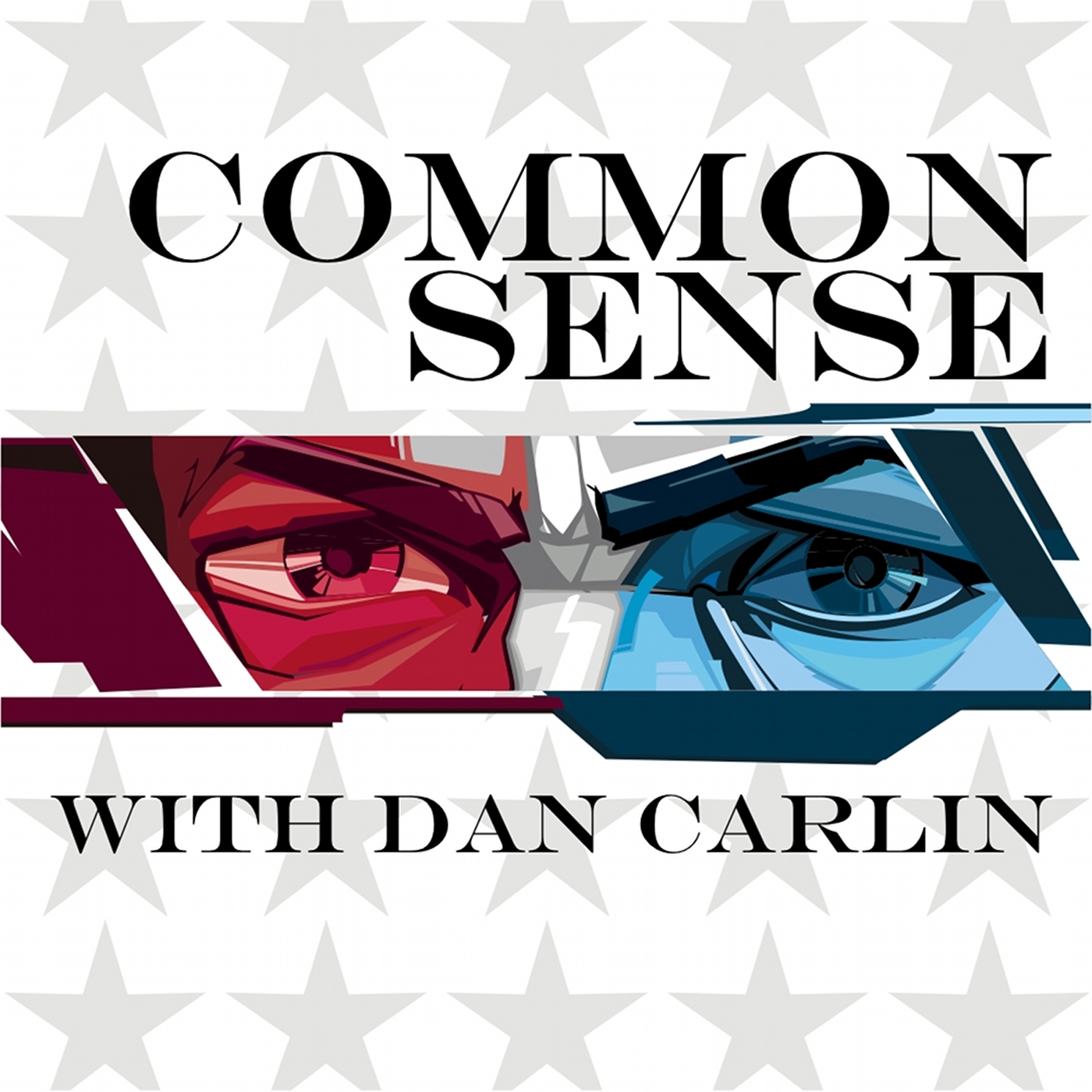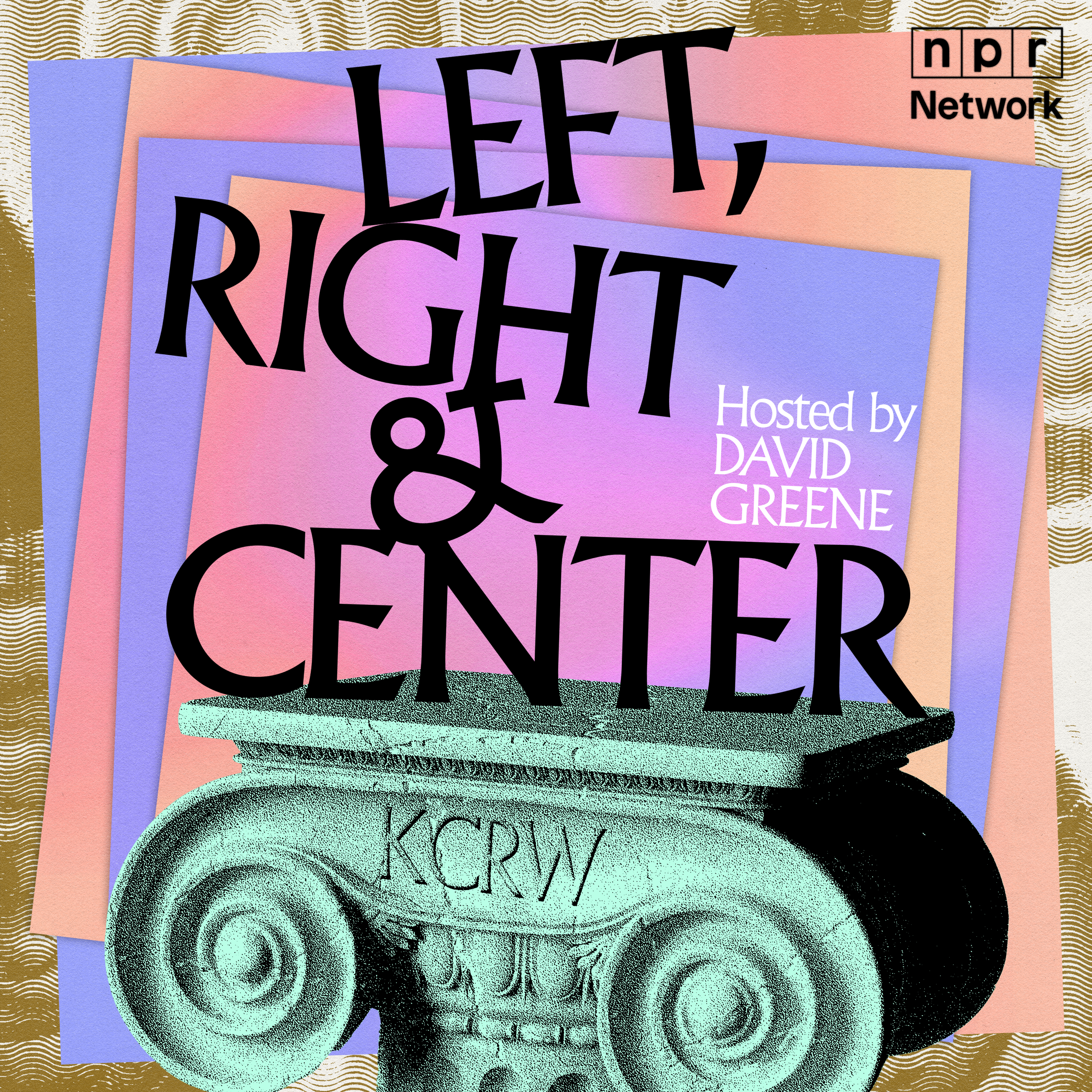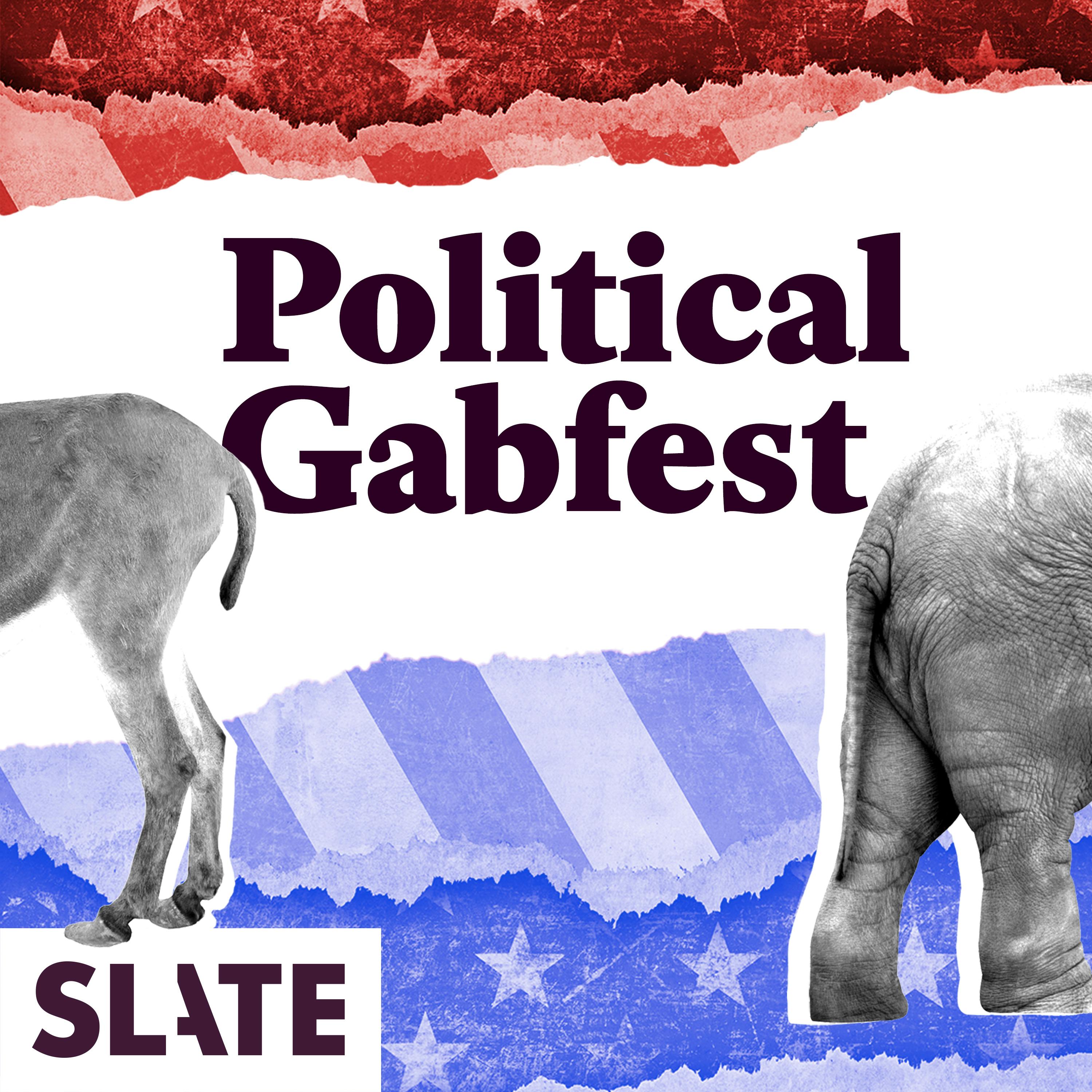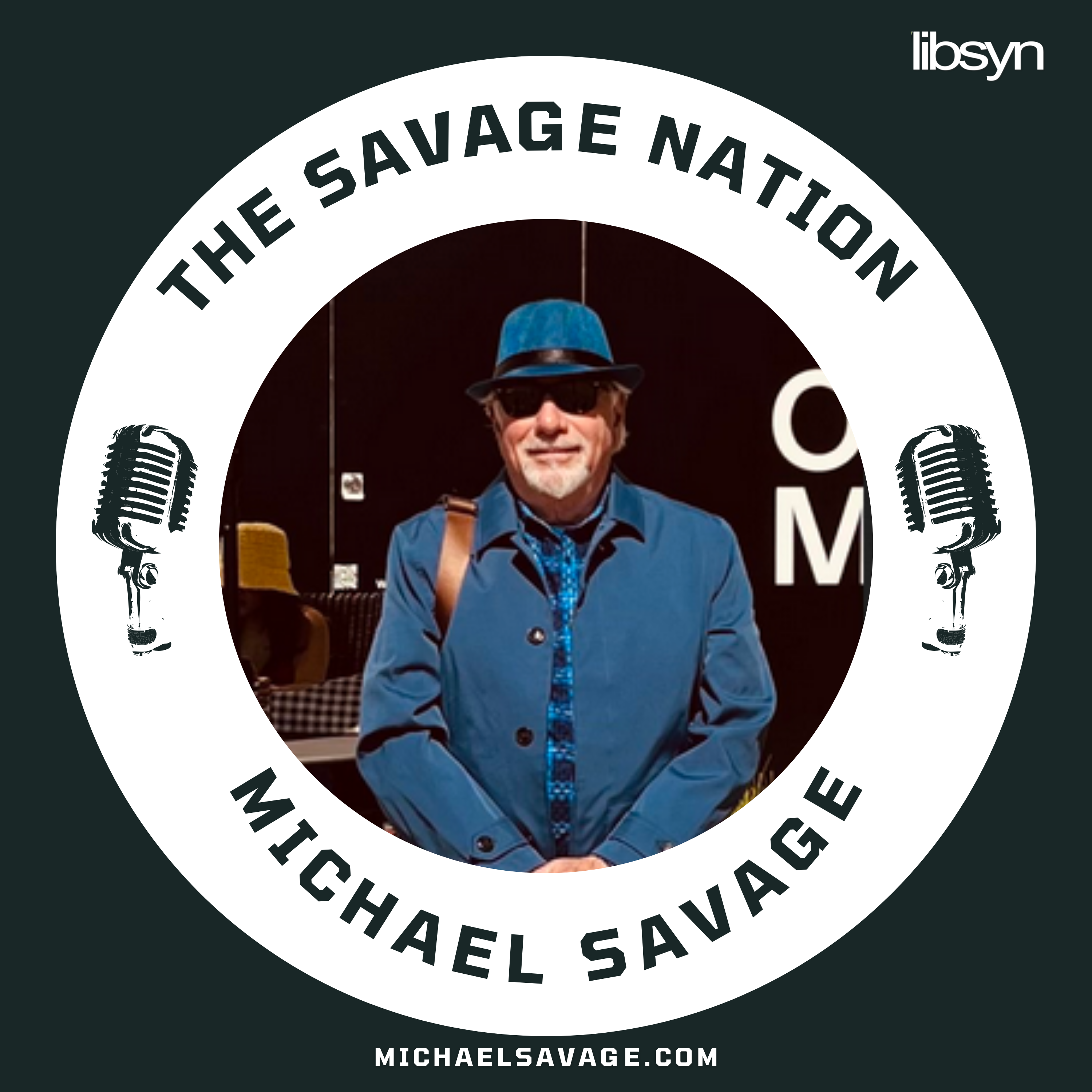
A Think First Podcast with Jim Detjen
Think First is a short-form podcast that makes you pause — before you scroll, share, or believe the headline.
Hosted by Jim Detjen, a guy who’s been gaslit enough to start a podcast about it, Think First dives into modern narratives, media manipulation, and cultural BS — all through the lens of gaslighting and poetic truth.
Some episodes are two minutes. Some are ten. It depends on the story — and the energy drink situation.
No rants. No lectures. Just sharp questions, quick insights, and the occasional laugh to keep things sane.
Whether you’re dodging spin in the news, politics, or that “trust me, bro” post in your feed… take a breath. Think first.
Visit Gaslight360.com/clarity to sharpen your BS filter and explore the 6-step clarity framework.
A Think First Podcast with Jim Detjen
#56 The FBI Doesn’t Hit Record — And That’s the Point
For decades, the FBI refused to record interviews — relying instead on handwritten notes and “302” summaries. Even after a 2014 policy change, the loopholes remain. In this episode, Jim Detjen unpacks why the Bureau prefers its own version of the truth, how that opens the door to poetic truth and gaslighting, and what it means when the “official record” isn’t actually the record.
Stay sharp. Stay skeptical. #SpotTheGaslight
Read and reflect at Gaslight360.com/clarity
Imagine this You're in a small plain room, the kind where the thermostat is always set to slightly uncomfortable. Across the table, two FBI agents. They've got questions, you've got answers, and here's the twist. There's no microphone, no camera, just the scratch of a pen and the soft click of a ballpoint as they write their version of what you said. The most important words you'll ever speak are now being rewritten by someone else. This is Think First, where we don't follow the script. We question it Because in a world full of poetic truths and professional gaslighting, someone's got to say the quiet part out loud.
Speaker 1:You might assume the FBI records everything. Movies make it look that way, red light on the tape deck the whole law and order vibe. But historically they almost never did. For decades the Bureau used something called a 302 form. It's basically a written summary of an interview done by the agents afterward. Not word for word, not a transcript. It's the agents' interpretation, what they thought mattered, how they decided to phrase it and what they left out why? Well, recording technology used to be bulky, unreliable and a logistical headache. But once technology got smaller and cheaper, the FBI still didn't change, because by then the 302 system wasn't just a habit, it was useful. A written summary gives the Bureau control Control over tone, Control over context, control over the official version of events. No awkward pauses or accidental slips for a defense attorney to play in court, no background noise that might suggest the witness was nervous, confused or pressured, just a clean, authoritative narrative authored by the people building the case.
Speaker 1:In 2014, the Department of Justice announced a policy change In most federal cases, custodial interrogations would now be recorded. It sounded like reform, but the fine print Big exceptions. Non-custodial interviews, like most FBI witness interviews, could still go unrecorded. National security cases Discretion allowed. Technical difficulties Also an acceptable excuse. So today, in plenty of high-profile FBI interviews, there's still no video, no audio, just the 302. Meaning if you disagree with the Bureau's summary of your own words, good luck proving it.
Speaker 1:This is where poetic truth slides in. The FBI can present the 302 as the truth, official, typed and formatted with that letterhead authority. It feels accurate, it looks complete, but it's not the truth as it happened. It's the truth as interpreted and edited by someone else, and that's the part we rarely think about. We're trained to trust the seal at the top of the page more than the fallible memory of a witness. It also means if your memory and their record don't match, it's you who must be mistaken. And that is how you turn a disagreement into a credibility problem. So here's the real question If truth is worth finding, isn't it worth recording? Or maybe, in some rooms, truth isn't something you find, it's something you make. So next time the FBI wants to get your side of the story, just remember they're not hitting record, they're ghostwriting it and, like most ghostwriters, they're not putting your name on the cover. You don't need all the answers, but you should question the ones you're handed. Until next time, stay skeptical, stay curious and always think first.






















